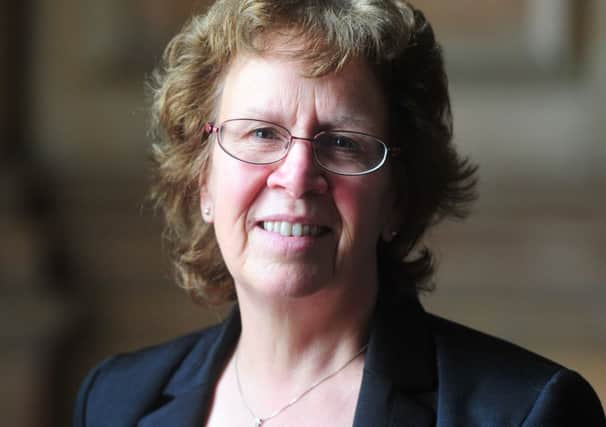‘Labour leaders accept direct mayors is a price worth paying’


A new report from accountancy firm PwC has found an increased number of local authorities expect to be working as part of combined authorities governed by elected mayors in the next five years and the leaders of Leeds and Sheffield councils said the local electorate’s 2012 rejection of elected mayors may have to be set aside.
Leeds leader Judith Blake said the leaders of authorities in West Yorkshire “all feel very strongly that a majority Conservative government has been a real game changer” while her counterpart in Sheffield, Julie Dore, said nothing was ruled out but a new system of governance would have to deliver “concrete benefits” for people in the city.
Advertisement
Hide AdAdvertisement
Hide AdBoth Leeds and Sheffield are already part of combined authorities in West and South Yorkshire which group neighbouring local councils together and have powers over transport and economic development.
But the government wants to radically increase the amount of power available to combined authorities with Greater Manchester blazing a trail with housing and health and social care among a raft of spending areas to be devolved to an authority representing 10 councils, run by an elected mayor.
A key plank of government policy has been to ally more devolved power with the creation of elected mayors for the regions involved.
Research from PwC, released today,(WED) shows more than one in five (22 per cent) of local authorities expect to be run under a combined authority with an elected mayor – a sharp rise from just 12 per cent only three months ago.
Advertisement
Hide AdAdvertisement
Hide AdPrevious PwC research published earlier this year underlined the financial pressures facing local government and found only one in ten council chief executives and leaders believed their local authorities could protect frontline services in the face of continued austerity.
Faced with the prospect of further cuts, local councils are attracted by an offer to take greater control of their destiny but concerns remain around what finances would actually be provided by central government, how different local priorities can be accommodated and whether local people will accept a system of governance roundly rejected in referendums in Leeds, Sheffield, Bradford and Wakefield in 2012.
Coun Blake said: “We’re having discussions with the Treasury and the Department for Communities and Local Government to really get an understanding of what the prize would be given that people in the area have made a very clear decision they don’t want to have elected mayors very recently.
“There’s too much emphasis on that form of governance, it’s not something we would particularly desire, but if it’s the offer on the table we are certainly going to explore the option.”
Advertisement
Hide AdAdvertisement
Hide AdShe added that housing, transport and skills training would be among the key areas she would like the West Yorkshire Combined Authority to control.
Coun Dore said: “We are clear that a devolution deal has to focus on getting the outcomes we want for the people who live in the Sheffield City region.
“We want to build Sheffield’s role as a world leader in engineering, innovation and advanced manufacturing, get better transport connections across the North of England, and rebalance the huge North South divide in terms of money going into transport and other public services. To do all this we need to be able to make decisions locally.
“At this stage we have not ruled anything out. We’re not interested in a mayor for the sole purpose of governance, but for the purpose of creating wealth and growth in our city region. It must come with concrete benefits for people in Sheffield.”